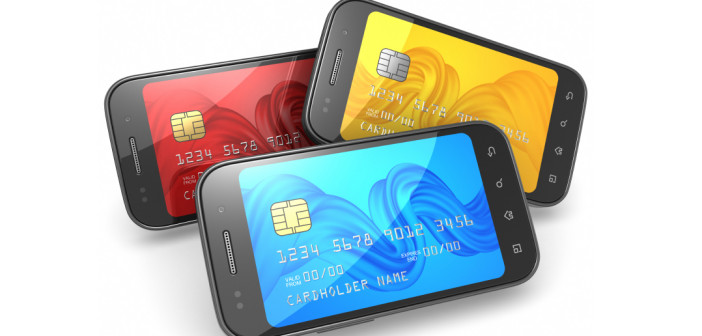By Eric Barbier, CEO, TransferTo
Mobile money has changed the face of international money transfer. Nowhere is this more evident than in developing markets. Mobile money is available on any mobile device, whether this is internet connected or a basic feature phone, and effectively transforms a mobile number into a bank account for the unbanked.
According to the World Bank, there are currently two billion unbanked people worldwide, and of those, the vast majority have access to a mobile phone. In addition, in the areas where mobile money is available today, agent locations outnumber bank branches, according to the GSMA. It is much easier to receive funds via mobile, than to collect the money from an agent in the nearest town, which can take up to two days from the most remote locations. Furthermore, mobile money provides the same level of service as a debit card would, in particular allowing bill payment directly from the mobile; customers can pay in stores by mobile too.
Mobile operators should endeavour to understand how they can provide mobile money services to their customers, to ensure they are part of this growing industry, whilst driving financial inclusion for the unbanked. However, to offer truly valuable services, they need to ensure they are financially compliant.
Strict ‘know your customer’ regulations are preventative
After 9/11, a necessary precaution was taken to make the regulations on banks and traditional financial institutions more stringent. These restrictions have remained and these institutions are now subject to much stricter compliance rules.
Whilst this an important measure to reduce fraud and ensure companies are compliant, it is preventative for many mobile money operators, who have been treated like banks and subjected to full regulatory requirements following these changes. Regulatory requirements, while necessary to block money laundering and prevent terrorism financing, are often excessive for mobile money operators.
In developing countries, financial services are a totally different ball game to the developed countries. As such, compliance and regulation must be approached differently too. Customers here will not usually hold any documentation, or even have a postal address, needed to meet the strict requirements of traditional compliance regulation.
As things stand, to send sums of money internationally senders need to show identification like birth certificates or a passport. If mobile money operators are forced to demand this from customers, even with small transactions, it is likely they will lose the opportunity to convert a massive number of new users to mobile money.
Fundamentally lighter compliance rules are required
Mobile money dramatically accelerates financial inclusion, bringing more unbanked people out of poverty. In order for mobile money services to flourish on a global scale, a more balanced regulatory framework is needed.
The regulators need to create safeguards for the overall financial system, while accounting for a sector with rapid change and fast deployment. Only then can new and disruptive entrants effectively enter and revolutionise the industry.
Mobile money operators should be treated as a separate entity entirely from the banks, with a comparable regulatory response. For instance, a compliance exemption could allow users to be registered for a mobile money account without proof of address or photo ID verification as long as there is a low daily transaction limit.
The Indian government has set a great example of how lighter rules for mobile operators can work. In partnership with the Reserve Bank of India, the government recently approved the creation of 11 new payment banks to help drive financial inclusion by creating a universal payment network for the transaction of cash across the country. By allowing services to apply to become new payment banks, the Reserve Bank of India is thereby providing technology services with the financial foundations to bring new and innovative mobile money services to the unbanked and newly banked.
It is this example of a collaborative approach to mobile money services, for the first time, between the banks and mobile operators, which is enabling the end user to access financial services. Ultimately this is the goal of mobile money, to enable more people in developing markets to access financial services no matter how remote the location. Compliance issues should not destroy what is a financial revolution for the unbanked.
TransferTo, a global mobile remittance hub, helps businesses offer mobile money, goods and services, and airtime top-ups around the world in real time.





